Plenty of roasters offer subscription plans nowadays—an automated system of recurring orders set to ship once or twice a month, keeping customers loyal and stocked. But according to Ken Majka, head roaster and co-founder of Share Coffee Roasters, many of those systems result in either too much or too little coffee. They also tend to stifle users’ choice, either by removing that power completely or by committing them to too much of one coffee at a time.
Part of that problem as Majka sees it is that standard 12- and 16-ounce bags for consumers and 5-pound bags for cafés are just too big. Majka contends that not only do these compromise freshness by leaving beans exposed in the course of repeated openings, but they lock people into in consuming one coffee for however long it takes to finish the bag. Meanwhile the rarest and highest-quality offerings, when sold in 12-ounce or 5-pound bags, become offputtingly pricy. Accessibility, flexibility and freshness are all issues that SCR endeavors to solve in a number of ways, the foremost of which is simply to stick with smaller 6-ounce retail and 3-pound wholesale bags.
For wholesale, Majka points to freshness as the primary benefit of smaller bags, although the variety they offer is also a boon. “It allows our smaller accounts to try more coffees at that price,” Majka told Daily Coffee News. “So if they’re doing 20 pounds they can split it up a couple of different ways and get more coffees in there.”
On the retail side, the preserved freshness of small bags is an important plus, although the flexibility and particularly the price-point advantages are key. For example, when an aficionado hasn’t been a fan of a certain offering from other roasters, they might assume they won’t like something from the same origin roasted by SCR either. “They won’t know that until they try it, so we let them buy smaller amounts at a lower price point,” said Majka.
Reinforcing that accessibility to consumers outside the enthusiast realm, Share’s selection is concise, and the bags are labeled according to a simple, primary-colored system. While the backs of bags have all the specs that connoisseurs appreciate — origin, varietal, elevation, process, tasting notes — the fronts feature just the brand name, one word and one color. Red and blue are designated “comfort” coffees, red being the most comfortable, blue being comfy with a twist. Green and yellow cross progressively into the “adventure” category, and orange means decaf.
“Very early on in the creation of our company, we decided that one of our guiding principles was going to be that ‘accessibility’ was to show, not tell, people that you’re accessible,” said Majka, who shared tales of happy customers loving SCR’s Red Comfort for months without having read the back the bag or otherwise noticed that they were trying different single-origin coffees along the way. “Do things that demonstrate accessibility. Make yourself accessible to them. A simple bag was a way that we were able to achieve that.”
Majka got his start at Rao’s Coffee Roasters in the late ’90s, then spent years traveling through various rocky wildernesses as a sponsored climber until returning to Massachusetts and settling at the helm of the Lady Killigrew café and pub in Montague, Mass. In 2009, he and a partner purchased the Rao’s café in Amherst, eventually also acquiring the Rao’s location in Northampton, both of which continued to operate under the Rao’s brand and serve Rao’s coffee in a licensing agreement that is now set to expire. Roasting on a vintage, refurbished and heavily modified Probat UG-22 in a production space in Hadley, Mass., Majka and co-founder Patrick McCaughey of the Western Woods coffee catering company started SCR back in August, and on January 2, 2016, both the Amherst and Northampton Rao’s will open anew as the first branded outlets of Share Coffee Roasters.
To this point, SCR coffees have been available via subscription only, with no single-bag option, although it’s never been hard to start and pause or cancel after one bag arrives if a customer really wants. The impetus for the system, though, is for Share to provide not just a single cherry for the picking, but a more CSA-style service that keeps coffee-drinkers covered with the ideal amounts of fresh, seasonal coffee, all the time.
“The name Share comes from ‘farm share,'” said Majka. “We live in an area where everyone knows their farmer. We’re surrounded by farms, and that’s how you get your produce in season.” Majka aims for Share to facilitate the same service for coffee. “You get fresh vegetables every week, and you don’t get enough vegetables to hold you over for a month and a half or two months. You get what’s in season and you get it once a week and that’s what you put in your fridge or on your counter and that’s what you eat. We wanted to model our subscription in the same way — we’re reliable, weekly, super-fresh coffee.”
It’s a system into which the company has clearly put a lot of thought, although that still pales in comparison to the amount they actually put into the coffee. Every roasted batch gets cupped, every roast is logged, every brew method is tasted and refracted for TDS. “It’s not to be scientifically geeky for the sake of it, but so we can actually extrapolate data and better hone our palate,” said Majka. In order to maintain their stringent QC protocols and still fulfill the promised shipping schedule for subscribers, sometimes days at the roastery start at 2 or 3 a.m., and it’s all in the name of quality. It’s also in the spirit of responsible stewardship, out of respect for the hardworking chain of people that makes coffee possible. Said Majka, “Somebody’s gotta do it.”
Howard Bryman
Howard Bryman is the associate editor of Daily Coffee News by Roast Magazine. He is based in Portland, Oregon.



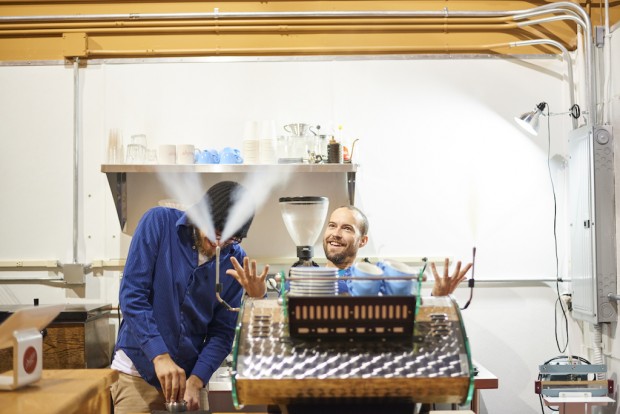
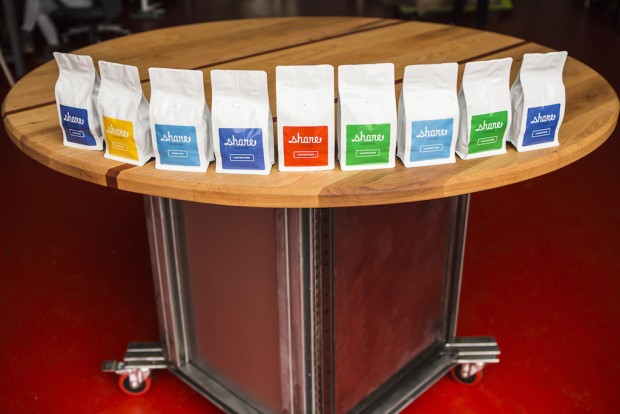
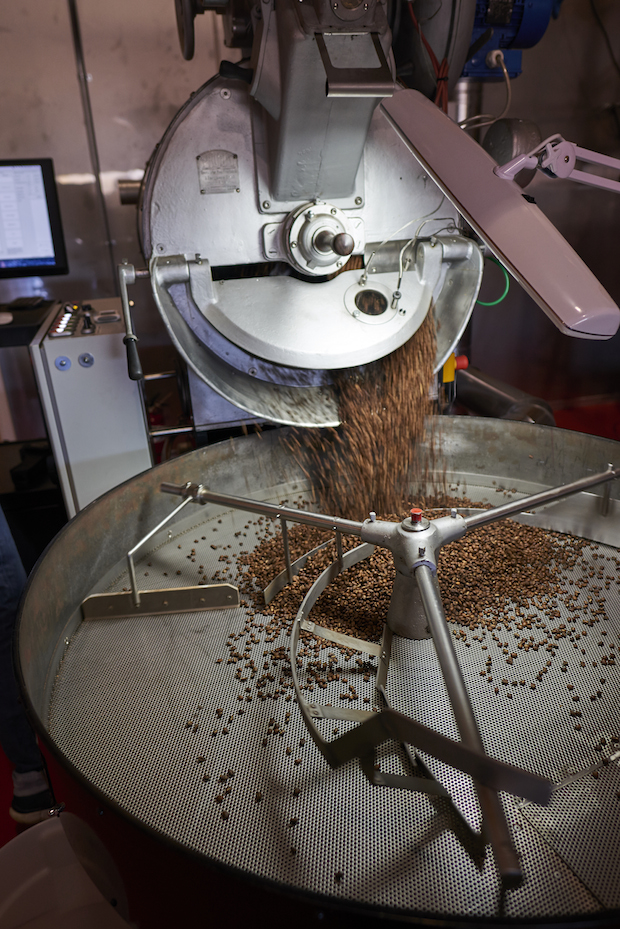
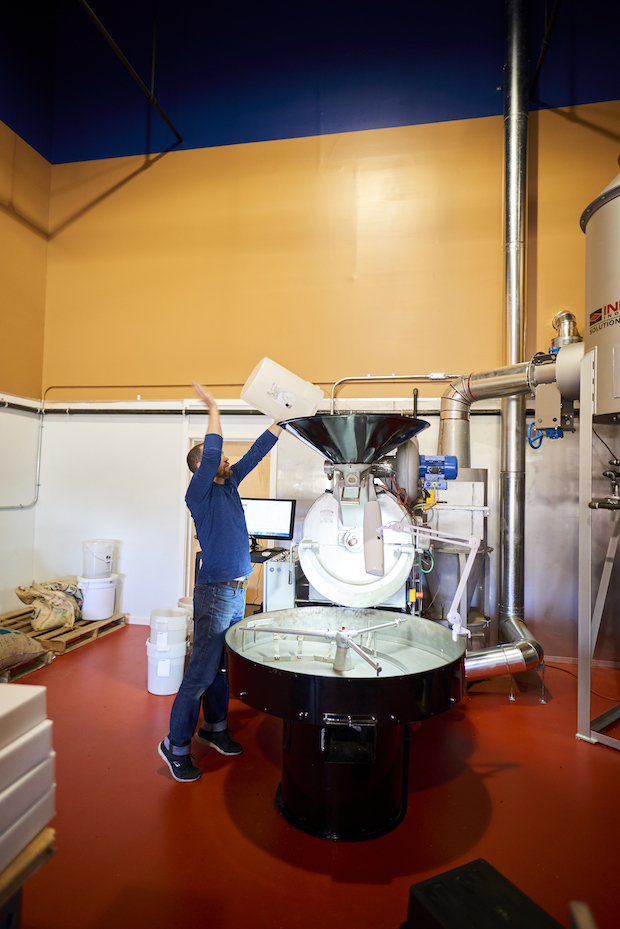
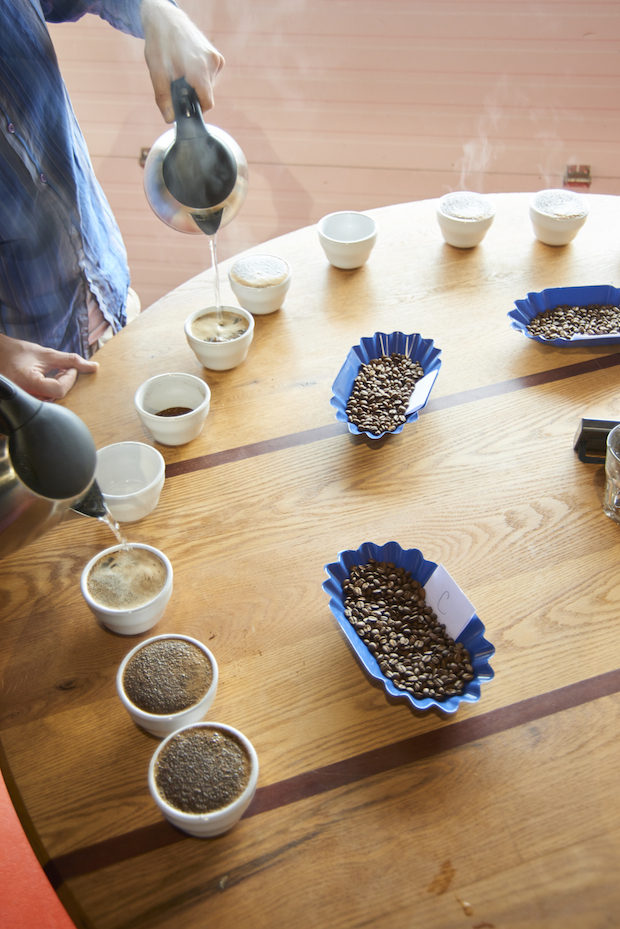
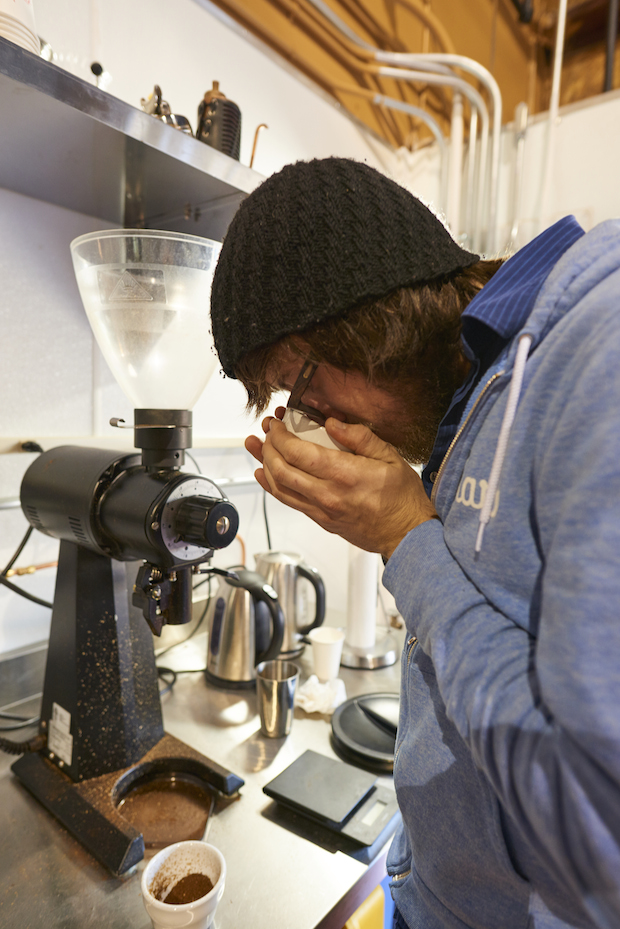



Comment